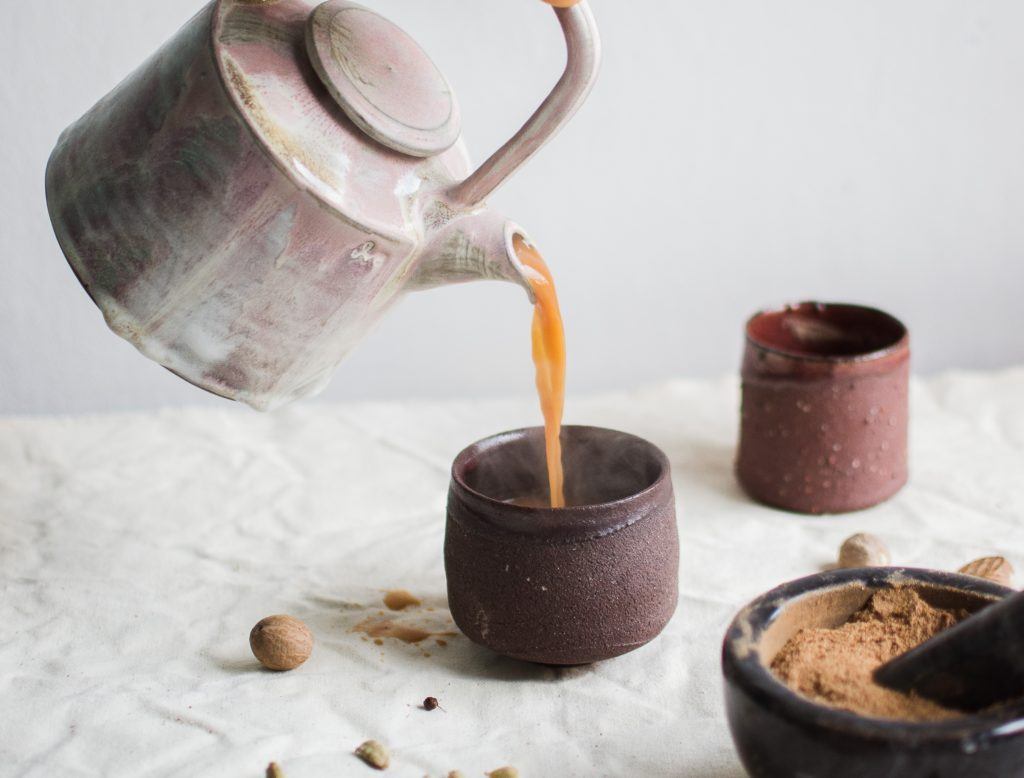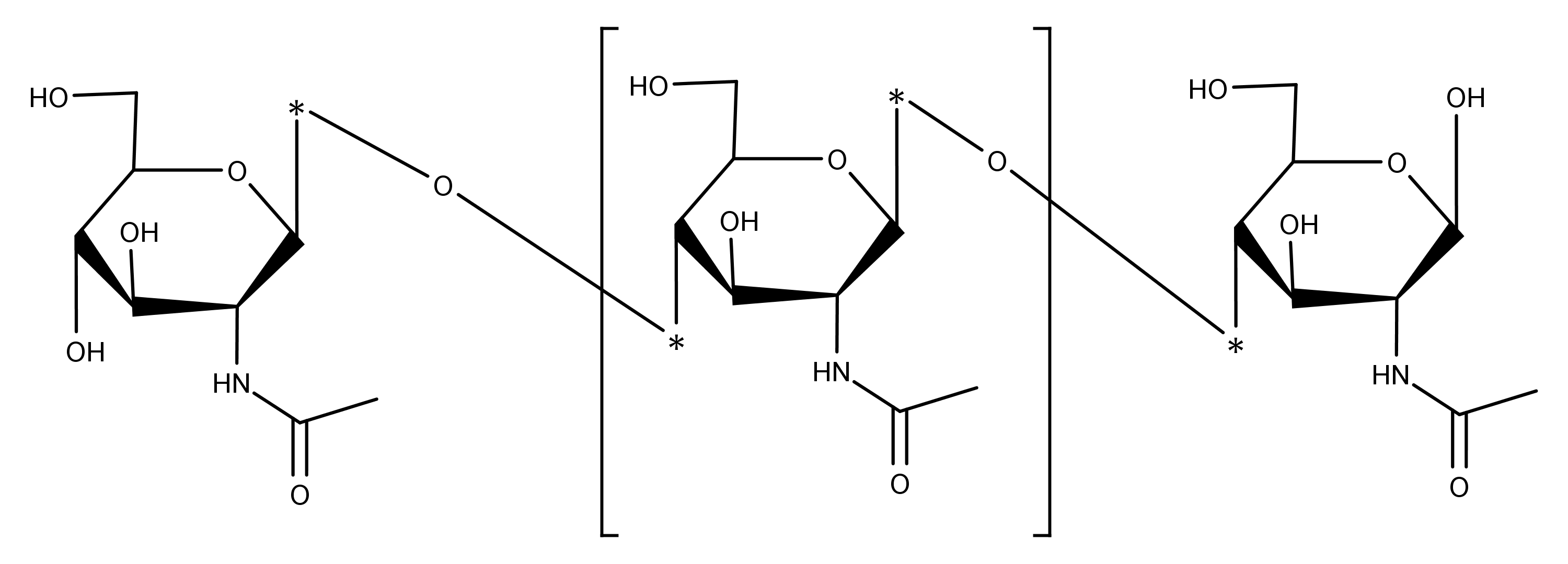Shroom Tea After Having It All Tea Makes Me Feel Funny
Why Do Magic Mushrooms Cause Nausea?
The evidence points to several possibilities. It could be psilocybin or a combination of factors.

Nausea, sometimes accompanied by vomiting, is one of the main side effects endured by some people after ingesting psychedelic mushrooms (aka magic mushrooms). Over the years, psychonauts have developed methods to help combat this undesired effect including powdering and encapsulating the dried mushroom flesh and making teas from the mushrooms which are sometimes mixed with other ingredients. These measures reduce or prevent nausea for many people. However, eliminating nausea for all magic mushroom users, including those using them therapeutically in a professional setting, depends first on understanding what is causing it. Is it the mushrooms or the chemicals in them? Is it both?
Other than the chemical compounds they contain, the flesh of magic mushrooms is basically the same as other mushroom species. Therefore, investigating how the human body digests mushrooms may offer clues to why they cause nausea in some people. Also, understanding the effects of magic mushroom compounds may offer additional insight.
The Digestion of Mushrooms in Humans
When looking for insight to answer a question, it's best to go directly to the experts. And when it comes to mushrooms, one expert is Paul Stamets, author of "Psilocybin Mushrooms of the World." In an article on his website Fungi Perfecti, Stamets talks about eating mushrooms.
Question: Should people eat raw mushrooms and/or the mycelium of mushrooms?
Answer: "No, absolutely not! [emphasis his] Raw mushrooms are largely indigestible because of their tough cell walls, mainly composed of chitin." Stamets continues, "Raw mushrooms and raw mycelium may pose health hazards from harmful pathogens and heat-sensitive toxins—potentially causing red blood cell damage1, gastrointestinal irritation and allergic reactions, such as skin rashes."2
Another mushroom expert, Dr. Andrew Weil, says in Prevention Magazine that mushrooms should be cooked before eating. "Mushrooms have very tough cell walls and are essentially indigestible if you don't cook them. Thoroughly heating them releases the nutrients they contain, including protein, B vitamins, and minerals, as well as a wide range of novel compounds not found in other foods." According to the Mayo Clinic, nausea is one symptom of indigestion.
In addition to chitin being largely indigestible, a 2018 study showed that it triggers inflammatory and immune responses in humans.3 Although the human body doesn't make chitin like mushrooms, it has an enzyme called chitinase that breaks up chitin molecules a little by chopping their long N-acetylglucosamine chains (see figure below) into smaller pieces. However, due to their smaller size, the body can more easily sense these fragments, which can magnify the inflammatory and immune responses.

To summarize, the indigestibility of mushroom flesh may contribute to feelings of nausea. However, cooking magic mushrooms before eating them may defeat the primary purpose if it destroys the psychedelic compounds. Chitin activating immune and inflammatory responses in the body may also play a role in nausea from magic mushrooms. And, recall what Paul Stamets said about harmful pathogens and heat-sensitive toxins in raw mushrooms. It's conceivable that either of these entities could activate natural body mechanisms for detoxification like nausea and vomiting as well as the immune response.
The Chemicals in Magic Mushrooms
Along with psilocybin and psilocin, magic mushrooms also contain other compounds like baeocystin and norbaeocystin,4 norpsilocin,5 and phenethylamine.6 One species of magic mushroom, Inocybe aeruginascens, contains a compound called aeruginascin.7 Aeruginascin is a structural analog of psilocybin having three methyl groups on its terminal amine group. In comparison, psilocybin has two methyl groups on the terminal amine, and baeocystin has just one. The chemical structures of these compounds are shown below (click to enlarge).

Some participants in studies using pure, synthetic psilocybin report nausea as a side effect of their treatment.8–10 This points the finger at psilocybin as a possible cause of nausea from magic mushrooms. Also, because the body quickly converts psilocybin to its active form psilocin, this suggests that psilocin may play a role in nausea.
There are scattered reports of people obtaining pure baeocystin, but access to this compound is extremely rare right now. Perhaps one of the most reliable anecdotal accounts of the effects of baeocystin comes from the book "Magic Mushrooms Around the World" by German chemist Jochen Gartz. He compared his experience taking baeocystin to psilocybin. He reported that taking 4 mg of the pure drug caused "a gentle hallucinogenic experience," but he did not mention nausea. Of course, this is insufficient evidence to completely rule out baeocystin as a cause of nausea from magic mushrooms.
Another compound in magic mushrooms is phenethylamine (PEA)11. This compound is a central nervous system stimulant, neurotransmitter, and hallucinogen in humans. It is chemically similar to amphetamine, and thus has similar effects like rapid heart rate, increased blood pressure, agitation, and nausea. However, the famed chemist and psychonaut Alexander Shulgin maintained that PEA is "rapidly and completely destroyed in the human body," so it isn't around long enough to exert its effects.6 Shulgin says, "It is only when a number of substituent groups are placed here or there on the molecule that this metabolic fate is avoided and pharmacological activity becomes apparent."
That leaves the other compounds in magic mushrooms; norbaeocystin and norpsilocin (and those not yet discovered). Unfortunately, there are no documented cases, anecdotal or otherwise, of the ingestion of these two compounds.
Summary
The available evidence points to indigestible chitin, immune response to pathogens or toxins, psilocybin, psilocin, or a combination thereof as possible causes of nausea from ingesting magic mushrooms. In addition, it's conceivable that experiencing nausea may be due to a person's level of hydration, physical condition, individual variations in metabolism, dosage, or other factors. Also, consider that the entourage effect may be at play here. Certain combinations of magic mushroom molecules may cause nausea, although individually they do not. Many of the questions about nausea from ingesting magic mushrooms could be answered by research into the individual compounds they contain.
Source: https://psychedelicreview.com/why-do-magic-mushrooms-cause-nausea/

0 Response to "Shroom Tea After Having It All Tea Makes Me Feel Funny"
Post a Comment